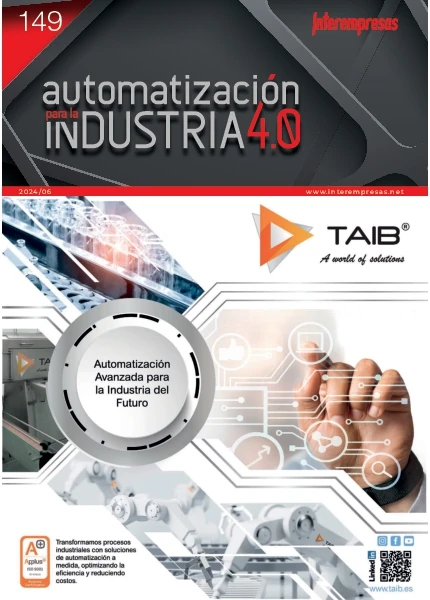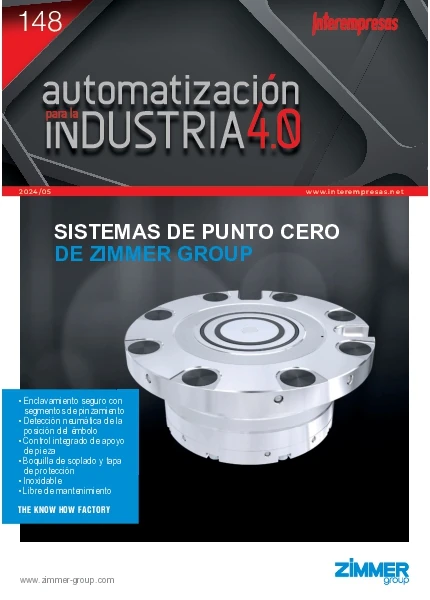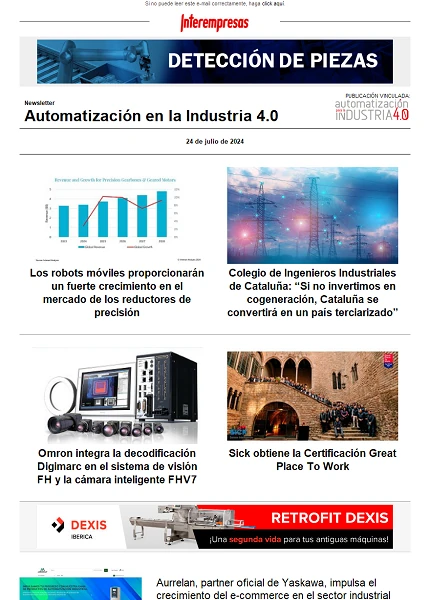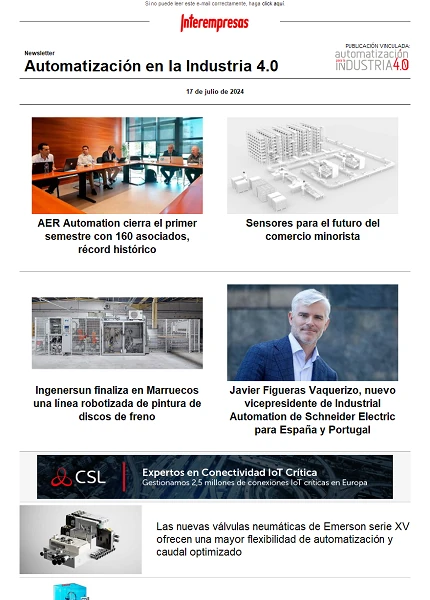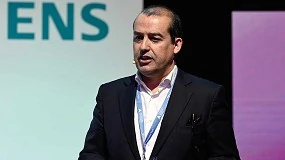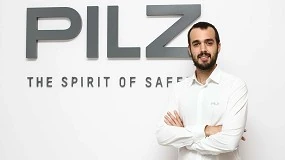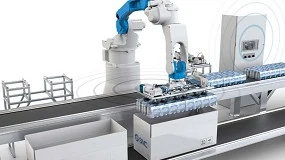Mechanised/Mechanized of fibre/fiber of carbon: the experience is it everything
13 October 2011
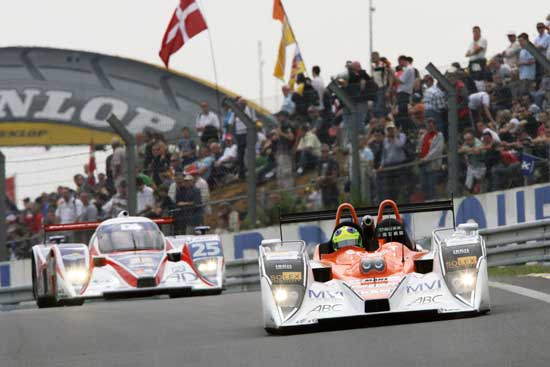
At the beginning, in the industry of the compound materials, was normal to see the mechanised/mechanized of products of fibre/fiber of carbon and of glass with slow machines and sobredimensionadas, designed specifically for the metallic components. Like this type of machines had designed to work some totally different materials to the compound materials, soon created skilled companies to offer solutions to measure of the requirements that had to fulfil/fulfill this new type of materials to mechanise/mechanize, scheme fast and light for the mechanised/mechanized of soft and light materials. CMS Industries Of Italy, mark represented in Spain by International Machinery, has been supplying machines to cover this market from 1969.
By his own nature, the machines designed specifically for the milled of compound materials need to be more versatile that the machines for metallic pieces, with high capacity of start to high speed. Lola, for example, has realised/realized a big investment in 2 fresadoras CMS models Plough —a 36-26 PX5 and a 48-18— to realise/realize pieces of high precision for his department of motoring of competition motorsports, also for manufacture of pieces of big naval structures, shovels for aerogeneradores, and the sections of the fuselaje for the Watchkeeper and the programs UAV Mantis. All the machines CMS are situated in his three clean rooms and the cured realises/realizes in one of the five autoclaves and in two ovens of cured.
The tools of cut employed in Lola are regularly used for the mechanised/mechanized of pieces of fibre/fiber of carbon, resins, nests of bee, signposts sándwich, etc… with all type of thicknesses and technical characteristics, that come from of different processes of cured and that have big differences regarding properties of resistance and rigidity.
Lola also uses tools of specific court to realise/realize the cut of the blocks epoxy for the patterns, models and moulds where there is little margin for the error.
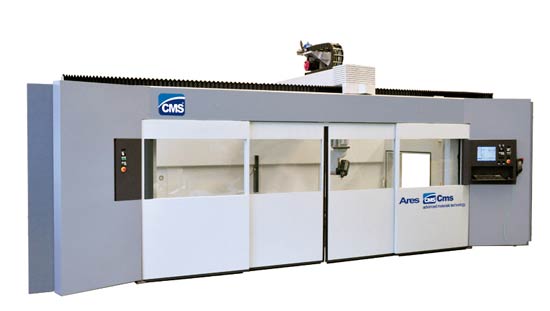
Without commitment
Because of the complex nature of many of the pieces manufactured by Lola, the greater part of the pieces are only and have to be manufactured well to the first. Thus they support in the technology that provide the machines CMS, the quality is of vital importance. Of average can have around 3.000-4.000 pounds sterling (3.500-4.500 euros, roughly) by value in fibre/fiber of carbon in a prime matter, so, apart from what the requirements of the useful can do, the machines have to comport of reliable way, safe and precise.
With this in mind, the fundamental considerations that define the design of the process of mechanised/mechanized of the compound materials are: the speed (so much in the axes X-And-Z as in the cabezal), the tooling of fixation and the tool and the aspiración of dust.
Toni Nagiel, general director of CMS UK, describes the difference of milled between the metal and the compound like “the difference between a truck and a sportive car”. For example, because of the difference of rigidity and the reduced weight of the fibre/fiber of glass and material composed in comparison with the metallic materials, the speeds of the cabezal tend to be a lot greater, with the machines CMS usually operate in a near rank to the 24.000 rpm to work compound materials.
Like consequence, to reach the productive requests of the customers and like the materials to mechanise/mechanize are much less rigid that the steel, the machines build lighter and faster. This ‘ligereza' allows us that the guides accelerate much faster, minimising/minimizing the dead times and maximizando the times of court and the productivity.
The high speed of cut employed, and the fact that the majority of the components cut in dry mean that the generation of heat is an equally important factor in the mechanised/mechanized of composite. The upper temperatures to 180 °C, for example, can affect to some resins and of similar way, the hot points of the cut can affect substantially to the life of the tool. The propagation of the heat also can vary depending the density of the layers, with materials more compact can be more tolerantes. To avoid these problems in the pieces of composite, the machines of CMS carry incorporated a system of blown of air frio on the tool.
Tooling
The tooling, in his group, tends to be a simple subject, but again depends to a large extent of the lay-out of the piece and the thickness of the materials. The fine parts as for example, the reposapiés inner of the aeroplane produced in Lola, are very liable to the vibration, what engages the tolerance and the life of the blade. To the equal that with any component, there is a big variety of methods of available subjection, however, given the ligereza typical of the compound products, the machine also has of a system tie up by empty. By the contrary, one of the most complex parts that Lola produces is the monocasco for the big prize of Him Mans (LMP), eight of which competed in the career of this year of 24 hours.
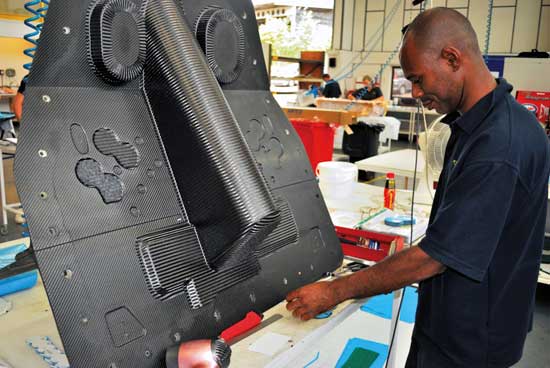
Second according to his complexity, are the cars of F1, when completing the cars LMP can happen anything between 300-400 hours in the development in the tunnel of the wind, on sale by 900.000 - 1 million of pounds sterling each one and does that the scrap have a high cost. However, with the material and the general structures that are inherentemente rigid, only require the basic accessories.
Given the flexibility of the 5 planned axes by CMS, the majority of the pieces produced by Lola can complete with an alone tie up. However, if this can not attain, the fixation is an additional consideration for the milled of big and complex pieces, such as monocasco LMP of fibre/fiber of carbon. A big quantity of material in excess recorta of the initial part, included the windscreen, the gaps of the doors and a big variety of holes, points of suspension and insertions, but the most difficult area is the one of the filled of fuel, that has to be strictly parallel to both sides of the car. The problem roots in the fact that the structure of fibre/fiber of carbon is liable to one some deformation after the moldeo, so when it treats of the second configuration, the component does not coincide exactly with the model CAD. Like result, each one of the flanges around this area will have to be carefully investigated and entered in the program of compensation of any twist or deformation that could occur. Some pieces of the suspension also mechanise/mechanize in relation with the central line to guarantee that they do not see affected by the twist or deformation.
The last important problem that has to tackle is the one of the dust since it produces in the operations of milled and this point has to take into account to the hour to build the machine. This important problem, is not new for CMS and with the years of experience obtained with the more than 100 customers of the sector of composites, the machines include guides of slide that use a double system of closing, that finds on the piece of work to reduce to the minimum the quantity of contact. Of the same way that the axis requires a system of closing to ensure that the rollings are fully protected. Several systems of empty also can be provided, already was an option of high volume of extraction of all the machine or an option of high aspiración in the cabezal near of the tool, that is where originates the greater part of the dust.
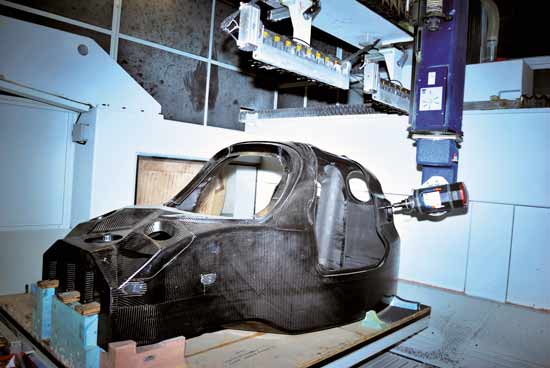
A lot of years of experience in the sector have allowed to CMS go further of the problems associated with the milled of compound materials, although the new types and degrees of materials always require an accurate consideration regarding advances and speeds. Companies like Lola have deposited his confidence in CMS and both head to to develop processes of milled more efficient and precise, to ensure that his products keep on being competitive in price and quality, in an increasingly competitive market.


